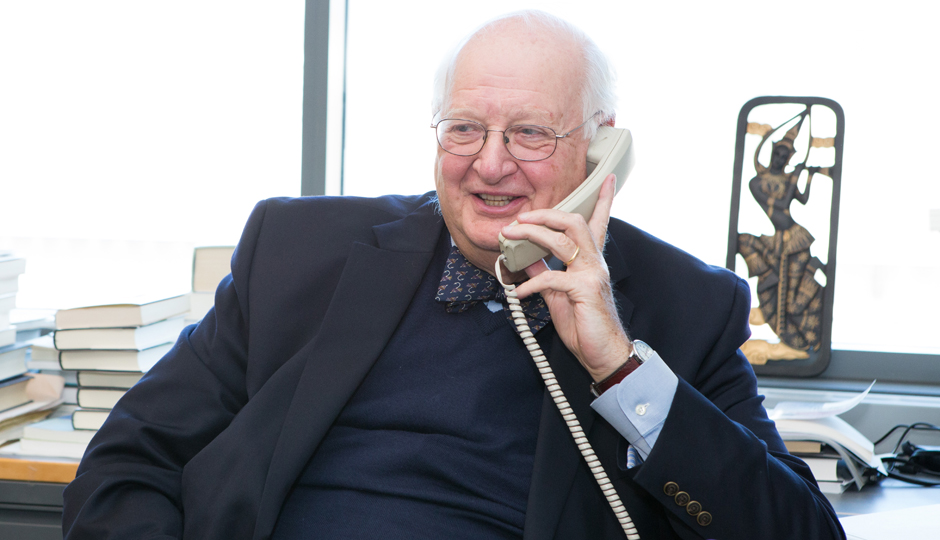Nobel Prize in Economics Goes to Princeton Professor
Rarely is a person’s life’s work rewarded on such a grand scale. But Angus Deaton isn’t just anyone. He’s a professor of economics at Princeton University who’s work studying human consumption has led to economic policy that promotes welfare and reduces poverty.
On Monday, he was awarded the Nobel Prize in Economic Sciences.
He won the award for three related achievements:
- A system he developed in the 1980s to estimate the demand of different goods.
- Studies he conducted in the 1990s on the link between consumption and income.
- Work measuring living standards and poverty in developing countries with the help of household surveys.
Want more detail on his award-winning achievements in the study of economics? Click here.
“If you’re my age and you’ve been working for a long time you know this is a possibility,” Deaton said in a statement on Princeton’s website. “But you also know there are a huge number of people out there who deserve this. That lightning would strike me seemed like a very small probability event. It was sort of like, ‘Oh my goodness, it’s really happening.'”
Winning the prize has been quite surreal.
“I still feel a little bit like we might pinch ourselves and wake up and I’ll be back in bed and it will be an ordinary day,” Deaton said.
Like what you’re reading? Stay in touch with BizPhilly — here’s how:
- Follow BizPhilly on Twitter and follow editor Jared Shelly here.
- Get the BizPhilly Newsletter
- Check out the BizPhilly homepage



